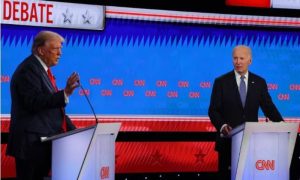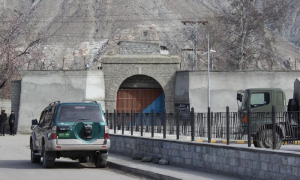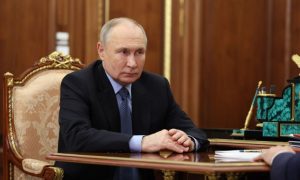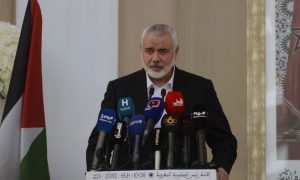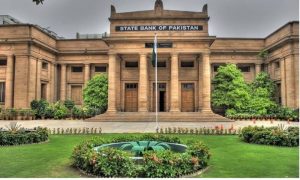Pakistan’s relationship with the Gulf Cooperation Council (GCC) nations, comprising Bahrain, Kuwait, Oman, Qatar, Saudi Arabia, and the United Arab Emirates (UAE), holds considerable significance in terms of trade, and cultural exchange.
In the 1970s, 1.5 million strong Pakistani community began migrating to the GCC states, becoming an important expatriate workforce, and fostering social and economic bonds between the two sides.
Over the years, these countries have shown renewed interest in investing in Pakistan, Saudi Arabia, and the United Arab Emirates (UAE), leading to collaborative ventures and significant economic growth.
Economically, the relationship between the GCC nations and Pakistan is mutually beneficial. The GCC countries provide a significant source of remittances, trade, and investment. These nations have traditionally been among Pakistan’s top trade partners, with bilateral trade volumes reaching billions of dollars. Additionally, Pakistani professionals, particularly in the fields of healthcare, engineering, and construction, have contributed to the development of the GCC nations.
GCC and Pakistan
However, infrastructure development and energy collaboration have emerged as the high potential areas within the GCC-Pakistan relationship. Similarly, the GCC countries, owing to their advanced infrastructure networks and financial resources, have supported Pakistani infrastructural projects. For instance, Saudi Arabia’s investment in Pakistan has contributed to the development of ports, roads, and energy production and paved the way for enhanced connectivity and economic cooperation between the two nations. Further, the GCC countries have also provided financial assistance to Pakistan’s energy sector, which helped reduce the country’s energy deficit.
The GCC nations have recognized the immense potential of Pakistan as in the recent years, Saudi Arabia has become a key investor in Pakistan, signing multiple agreements across sectors such as energy, infrastructure, and agriculture.
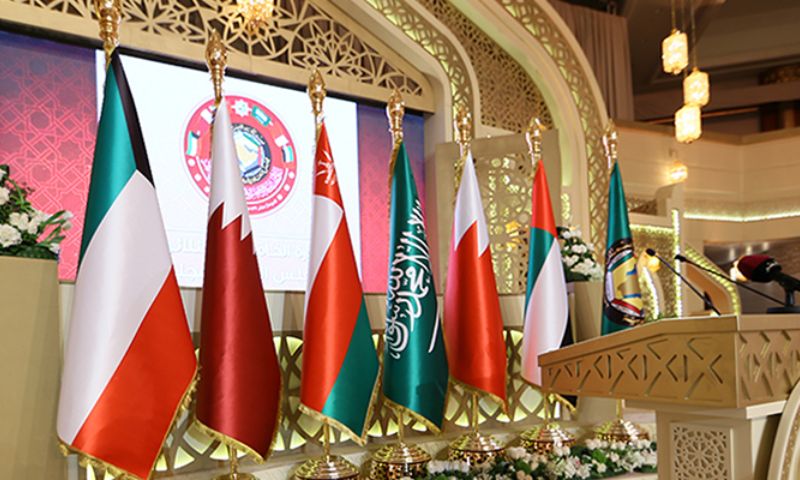
In 2019, the Saudi government announced a $20 billion investment package, consisting of oil refinery projects, energy exploration, and job creation initiatives. Further, the establishment of the Saudi-Pakistani Supreme Coordination Council demonstrates a commitment to the long-term economic cooperation between the two nations.
Likewise, the UAE has also been an avid investor in Pakistan, prioritizing sectors such as construction, renewable energy, real estate, and tourism. The UAE’s investment initiatives in Pakistan primarily revolve around the UAE-Pakistan Assistance Program (UAE-PAP), a $3 billion aid package, aimed at supporting job creation, infrastructure development, and social welfare projects. The UAE also envisions boosting bilateral trade and facilitating business collaborations between the two nations through various joint ventures.
There has been a significant increase in investments from other GCC nations, as well. Bahrain, for instance, has invested in the King Abdullah Economic City project, while Qatar has expressed interest in investing in areas such as tourism, healthcare, and petrochemicals.
Economic Collaboration
Investing in Pakistan presents Saudi Arabia with several advantages. It can diversify its economy, utilize Pakistan’s potential as an emerging market. By fostering economic collaboration, Saudi Arabia aims at creating employment for its citizens in Pakistan; thus, contributing to social development. The Saudi investments in Pakistan’s energy sector will benefit both countries.
Similarly, the UAE, with its strong infrastructure, business-friendly environment, and diversified economy, continues to attract significant foreign investments, especially from the fellow GCC nations. For the UAE, investing in Pakistan opens doors to new economic opportunities. The UAE seeks to utilize Pakistan’s skilled labor force to drive its construction projects, develop real estate ventures, and bolster its tourism industry. The investments also align with the UAE’s vision of enhancing bilateral trade, and strengthening diplomatic ties.

The arrival of investment from Saudi Arabia and the UAE stands to bring numerous advantages to Pakistan’s struggling economy. These investments not only address Pakistan’s immediate financial needs but also foster infrastructure development, enhance energy security, and create job opportunities.
Additionally, the investments will help reduce Pakistan’s reliance on external borrowing and promote socioeconomic stability. The collaboration between Pakistan and the GCC nations also bolsters diplomatic relations between the two sides.
The newfound investments of the GCC nations in Pakistan, Saudi Arabia, and the UAE, bring about several potential benefits. Firstly, they contribute to economic diversification, reducing overreliance on oil-based revenues; secondly, these investments create opportunities for technology and knowledge transfer, spurring innovation, and skill development, and thirdly, the influx of investments leads to job creation and improved infrastructure; thereby stimulating economic growth.
The recent investments by the GCC nations highlight the eagerness to forge stronger economic partnerships within the region. As these investments continue to materialize, they hold the potential to transform and diversify the economies of these countries, promoting sustainable growth and cooperation across various sectors. The collaborative efforts will undoubtedly have a far-reaching impact on the overall regional economic landscape.
The recent surge in investments from the GCC nations, particularly Saudi Arabia and the UAE, marks a significant turning point for Pakistan’s economy. These investments carry the potential to revolutionize industries, create jobs, enhance infrastructure, and boost economic growth. By capitalizing on comparative advantages and leveraging cooperation, such investments pave the way for a prosperous future and deeper regional partnerships.

Both sides have a shared interest in strengthening their partnership. Continued efforts towards enhancing cooperation will yield benefits for both regions, fostering prosperity, and mutual growth.
The future remains promising, as the strong people-to-people connections, cultural affinities, and desire for stronger ties on both sides provide a solid foundation. Increased collaboration in areas such as technology, healthcare, education, and tourism can further diversify the bilateral relationship, reducing reliance on traditional sectors and would contribute to a prosperous future for the nations involved.













